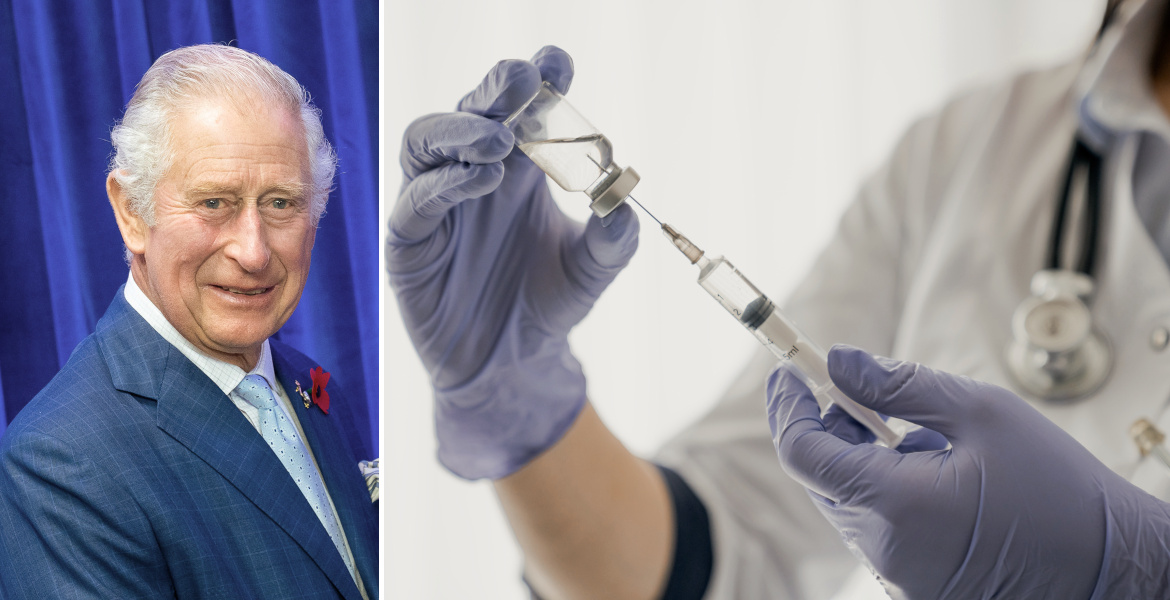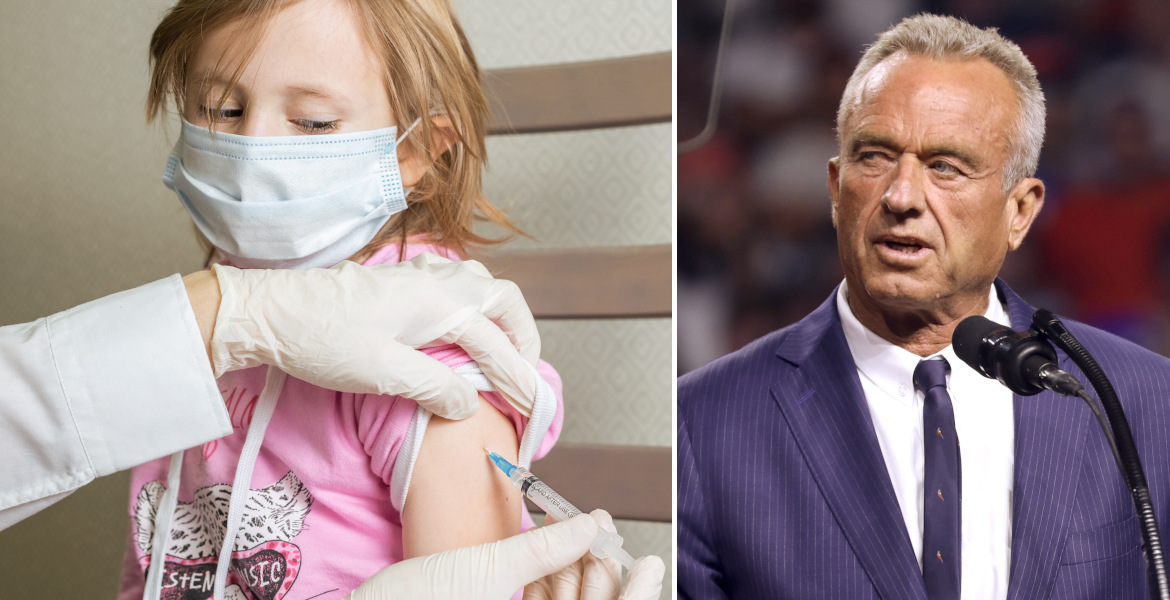The Court of Justice of the European Union will now consider whether the European Commission's reasons for refusing the New York Times access to text messages between Pfizer's CEO and the EU president are valid. The case is due to start in November.
It was in April 2021 that the New York Times reported that the president of the European Commission, Ursula von der Leyen, and the CEO of Pfizer, Albert Bourla, had private text message conversations about the huge covid-19 vaccine deal, which was concluded in May of that year. The newspaper requested these text messages from the Commission, but von der Leyen claimed they had been deleted.
The European Union's Court of Auditors audited the covid vaccine deal and published a report in September 2022 that, among other things, questioned the Commission's reluctance to disclose von der Leyen's personal role in the deal.
The New York Times then decided to sue the European Commission on the grounds that these text messages between the president and the CEO should be covered by freedom of information laws, as the conversations concerned an agreement within the EU.
– The public continues to be denied information about the terms of one of the biggest procurement contracts in the history of the EU, said Nicole Taylor, spokesperson for the newspaper, according to Politico.
Von der Leyen was "personally involved"
On 15 November the case will be heard by the EU's highest court, the CJEU, reports the Financial Times. It will decide whether the Commission's reasons for refusing access to the New York Times are valid, and thus whether SMS messages should be considered documents that must be stored and remain accessible to citizens.
Among other things, the Court is expected to ask the Commission's legal representatives to explain whether the text messages ever existed and, if so, why they were not recorded. They are also expected to be asked whether they deleted these text messages and, if so, for what reasons.
According to the New York Times, both Bourla and von der Leyen have admitted to private text messages about the deal, with the president also saying she was "personally involved" in the deal.
In the run-up to the European elections last summer, the European Court of Justice ruled in a separate case concerning the covid vaccine deal that the Commission had illegally withheld certain details, AP News reported. The case involved a group of MEPs who took legal action after the Commission refused to give them full access to the covid vaccine deal. Despite the criticism, which was mainly directed at Ursula von der Leyen, she was re-elected as president of the European Commission.
Despite this unresolved issue, the European Commission has continued to sign new contracts with the pharmaceutical giant. Last year, for example, it bought an additional 2.4 billion doses of Pfizer's covid vaccine.




